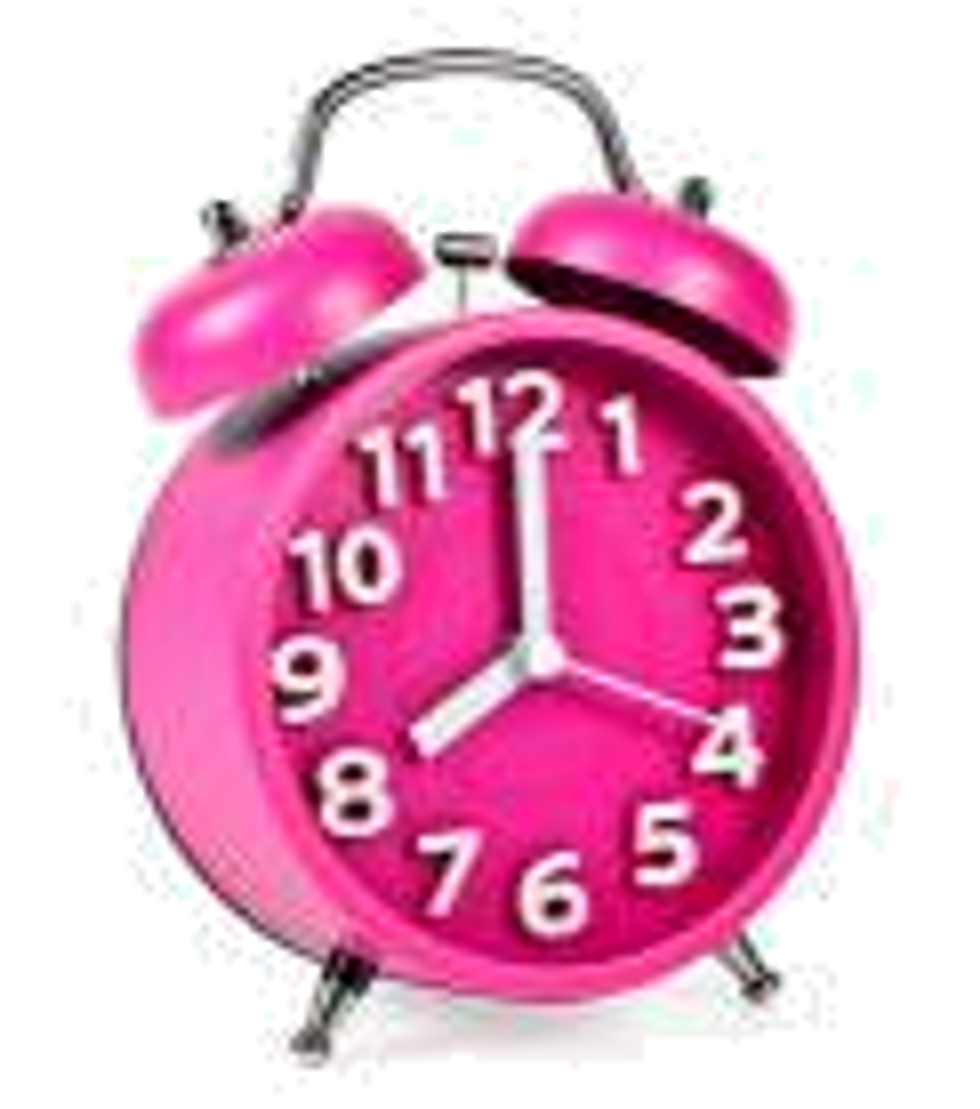This time of year offers special opportunities for job seekers. Holiday networking events, for example, can be great chances to meet professionals you might not encounter otherwise. Additionally, some employers are still eager to fill positions before budgets reset or headcount is finalized in the new year, making it a prime time to stand out with a strategic approach.
Here are five ways you can stand out from the competition this holiday season and find a job before the end of the year.
1. Showcase The Right Skills On Your Resume

Bigstock
When updating your resume, focus on aligning your experience with the specific demands of the industry. Go beyond just listing responsibilities; dig into job descriptions to identify the core skills that consistently appear for your target roles. By tailoring your resume with these keywords, you not only capture the attention of hiring managers but also boost your chances of passing applicant tracking systems (ATS), which are often programmed to scan for these key terms. It's all about keywords!
During the holiday season, hiring managers are often managing tight timelines and high demands, making it crucial for candidates to demonstrate that they’re ready to hit the ground running. Highlighting industry-relevant skills shows you're not only familiar with the landscape but also equipped to make an immediate impact. Be sure to include examples of how you've leveraged these core strengths in previous roles to support team goals or tackle challenges (aka quantify your work experience). The holidays are hectic, so share with the potential employer how you'll be a positive addition to the team by leveraging your strengths and emphasizing your value as a business-of-one.
2. Dress The Part

Bigstock
Don't underestimate the power of a great first impression. Dress for the interview in professional attire. Even if the job description mentions a casual dress code, such as jeans and a sweatshirt, it’s essential to show respect for the employer by dressing in a way that demonstrates your commitment to making a positive impression. Wearing attire that reflects your professionalism shows you care about how you're perceived and the impression you leave on others.
Not sure what to wear? We recommend dressing conservatively in clothing one level above what the current employees at the company are wearing. You want to look professional, but not like you don't fit in with the workplace culture.
3. Show Your Connection To The Company

Bigstock
Employers like to hire candidates who have a passion for what they do. Why? Because when people are passionate about their work, that enthusiasm often translates into a higher level of commitment, creativity, and productivity. This intrinsic motivation can lead to consistently strong performance and a positive impact on the team and company as a whole.
In your disruptive cover letter (and during your job interview), demonstrate how and why you admire the company. Highlight what you love most about their products and services. Give examples of how you have personally used them in your own life with success. The more you can show them you understand and respect the business, the more likely you'll impress the hiring manager and move forward in the interview process.
4. Demonstrate Your Value

Bigstock
It's important to remember that you're a business-of-one, and you're trying to sell the service you provide as a business-of-one to employers (the customers who will be paying you for the service).
To find a job during the holidays, you must adequately demonstrate your value as a business-of-one and highlight your strengths and the specific benefits you bring as a potential employee throughout the hiring process. How do you do this? Well, make sure to quantify your work experience on your resume. Use numbers to showcase your accomplishments. Clearly state how you'll make or save the company money with your employment. Do this, and you'll easily become one of the top candidates for the position.
5. Express Gratitude

Bigstock
The holidays are busy for everyone. When you're applying for jobs during the holiday season, keep gratitude in mind. This positive mindset not only helps you stay resilient but also shines through in your applications and interviews, leaving a memorable impression on potential employers.
After every job interview, always send a thank-you note. It's just the polite thing to do, and you'll score more points with the hiring manager. Even if you get rejected, or never hear back about a position, make sure you send an email thanking the employer for the opportunity and wish them the best of luck with finding the right job candidate.
Don't be bitter. Be gracious. You never know what will happen in the future. You might want to apply for another job at the company down the line. So, don't let your frustration get the best of you. Remember: If you get rejected, they didn't say, "No, not ever." They just said, "No, not today."
A successful holiday job search depends on a solid strategy. Follow the guidelines above and land a job this holiday season!
Need more help with your job search?
Become a member to learn how to land a job and UNLEASH your true potential to get what you want from work!

 Enjoy this article? You've got time for another! Check out these related articles:
Enjoy this article? You've got time for another! Check out these related articles:








